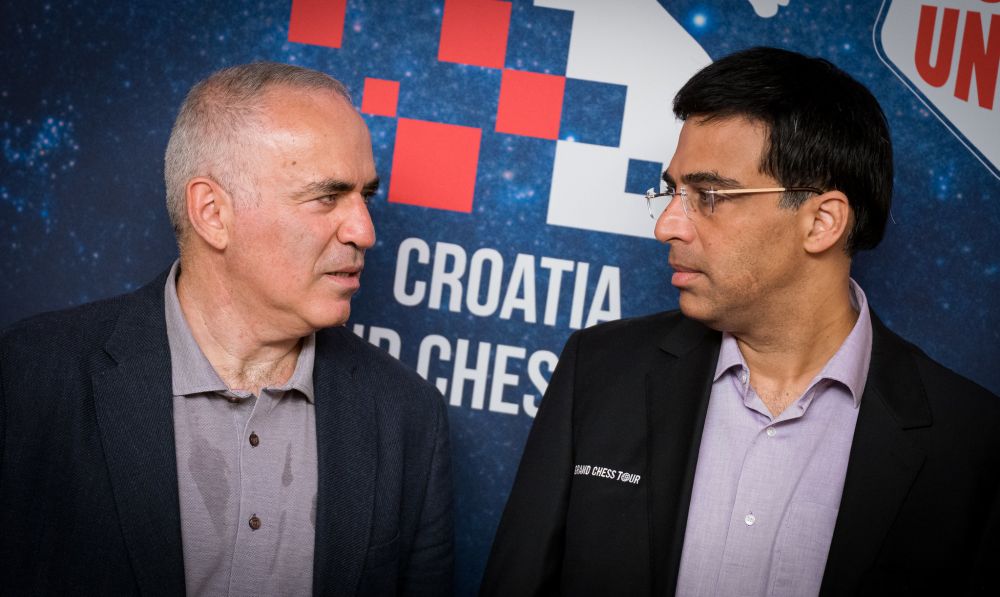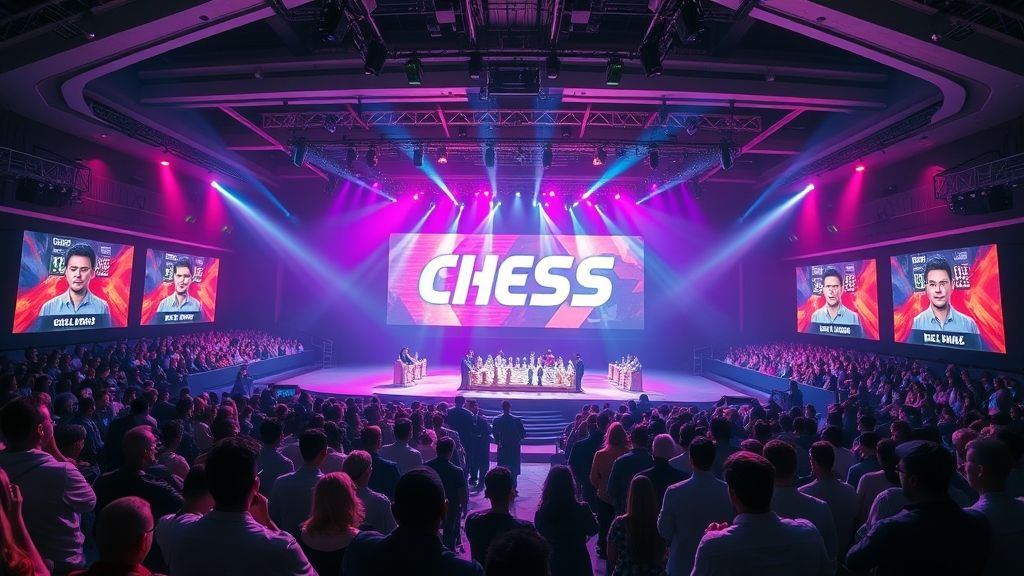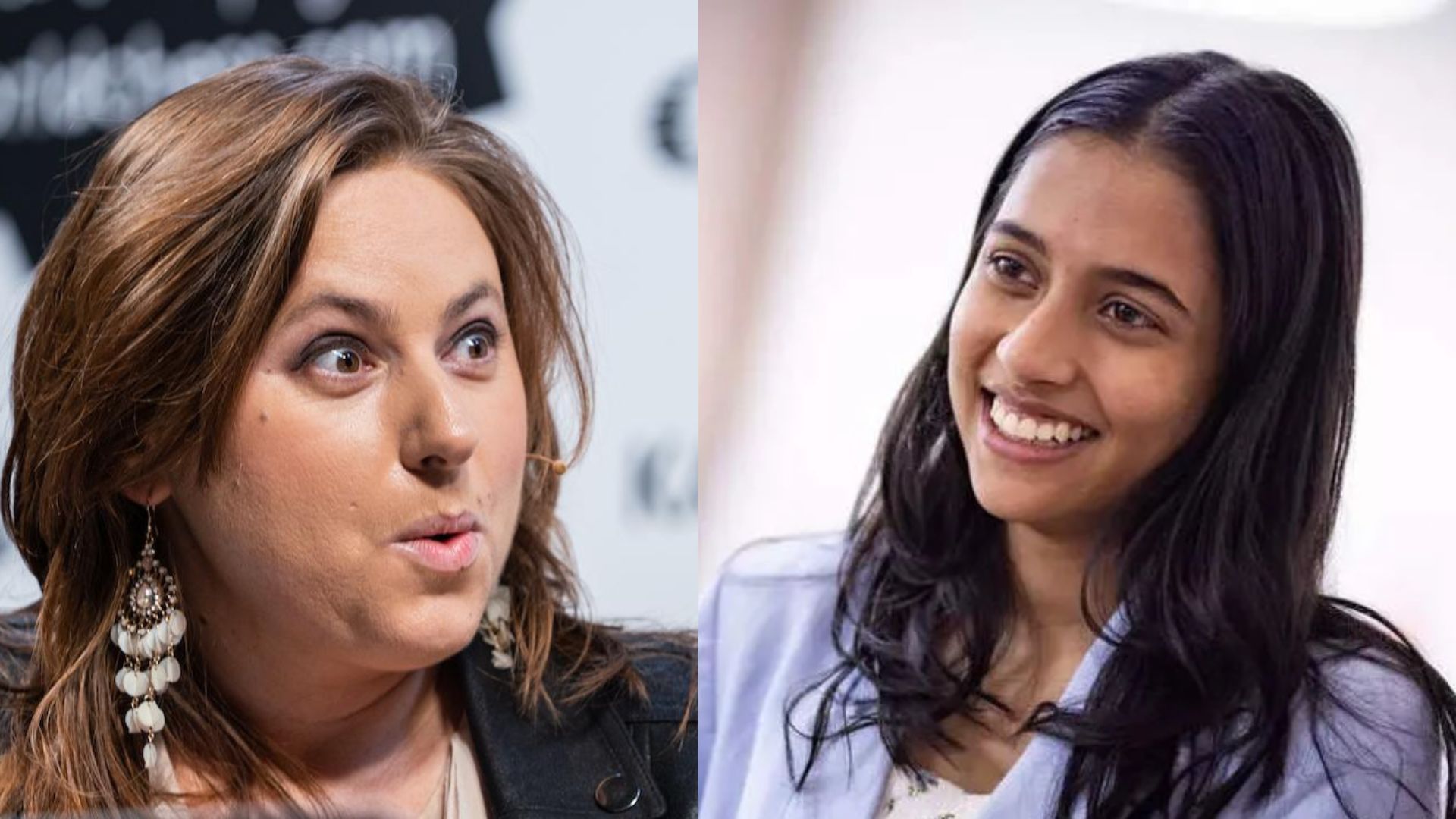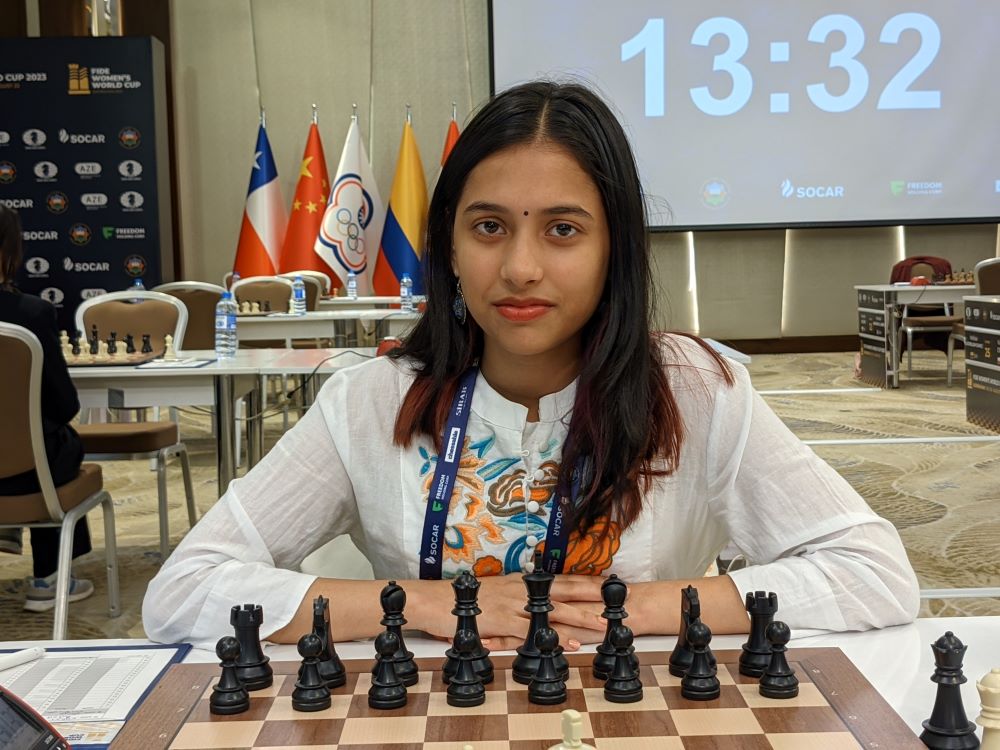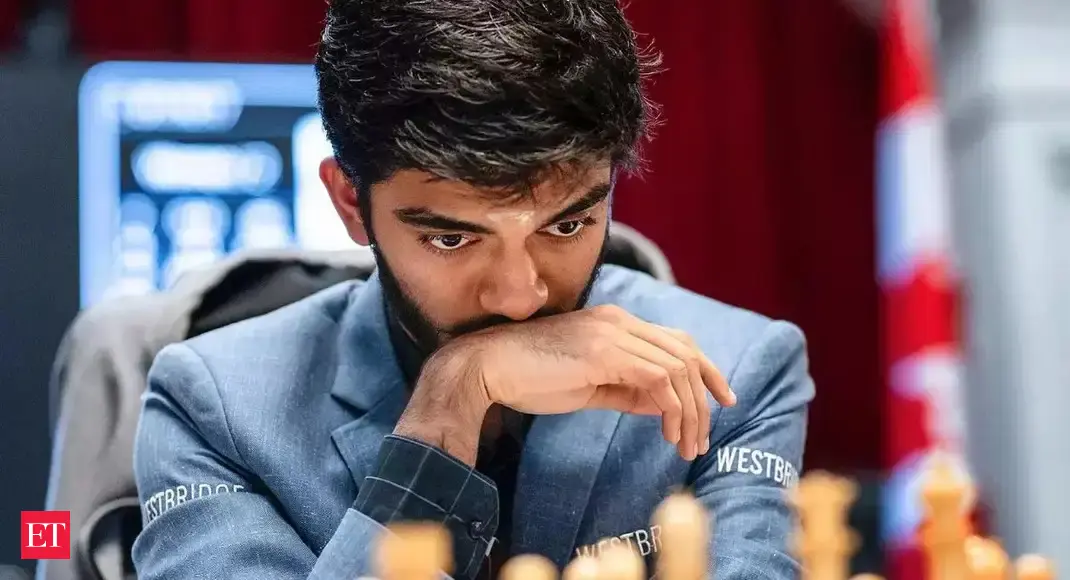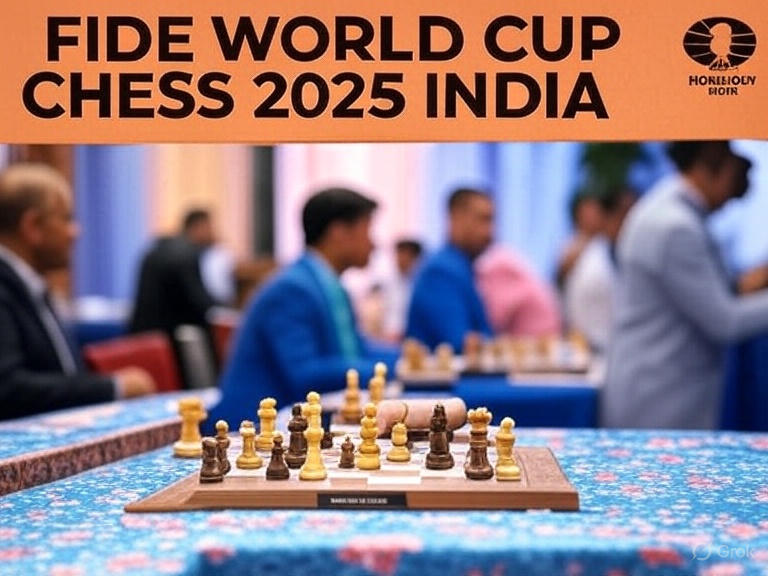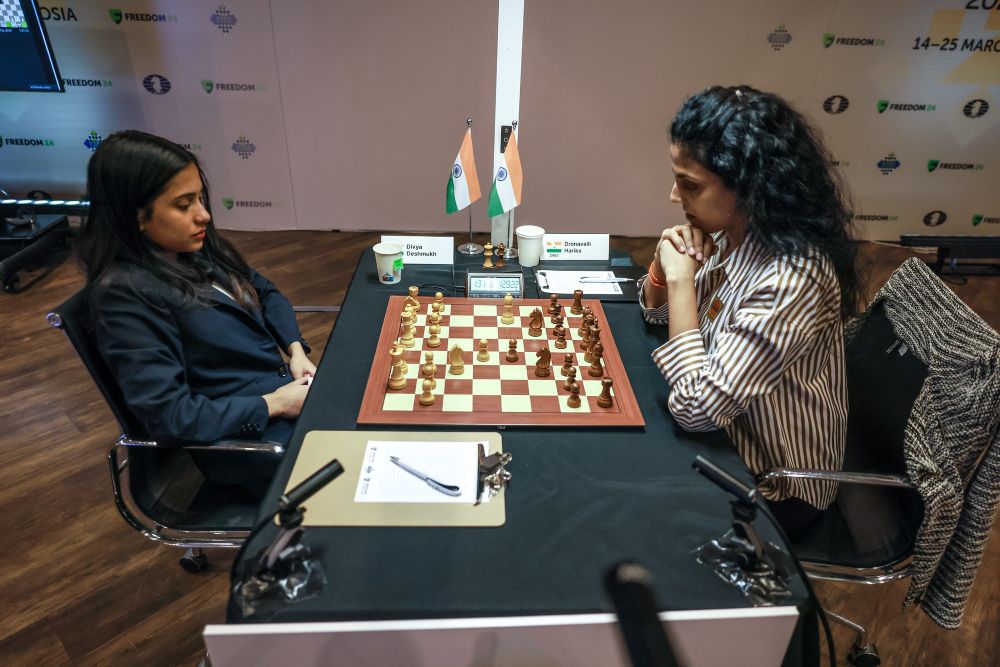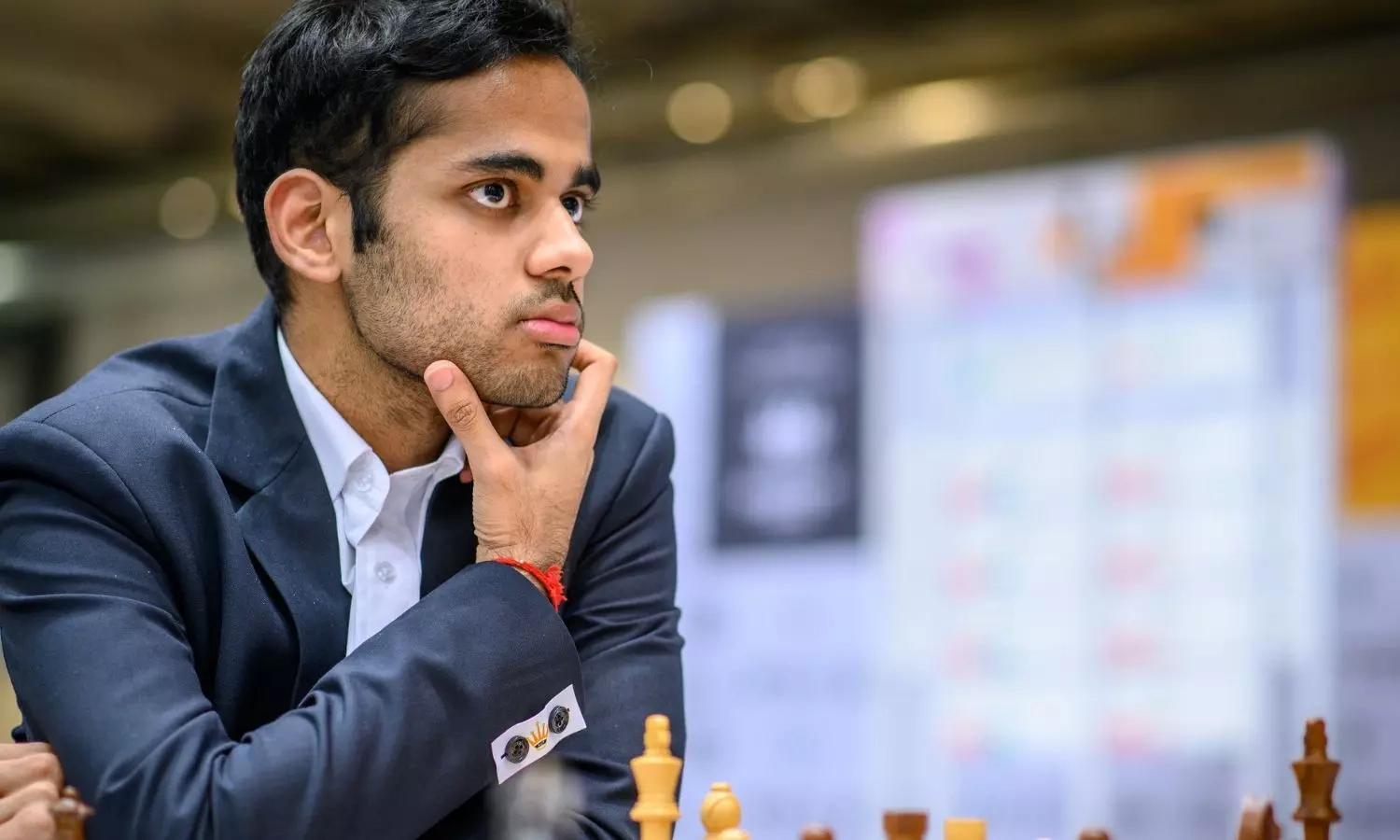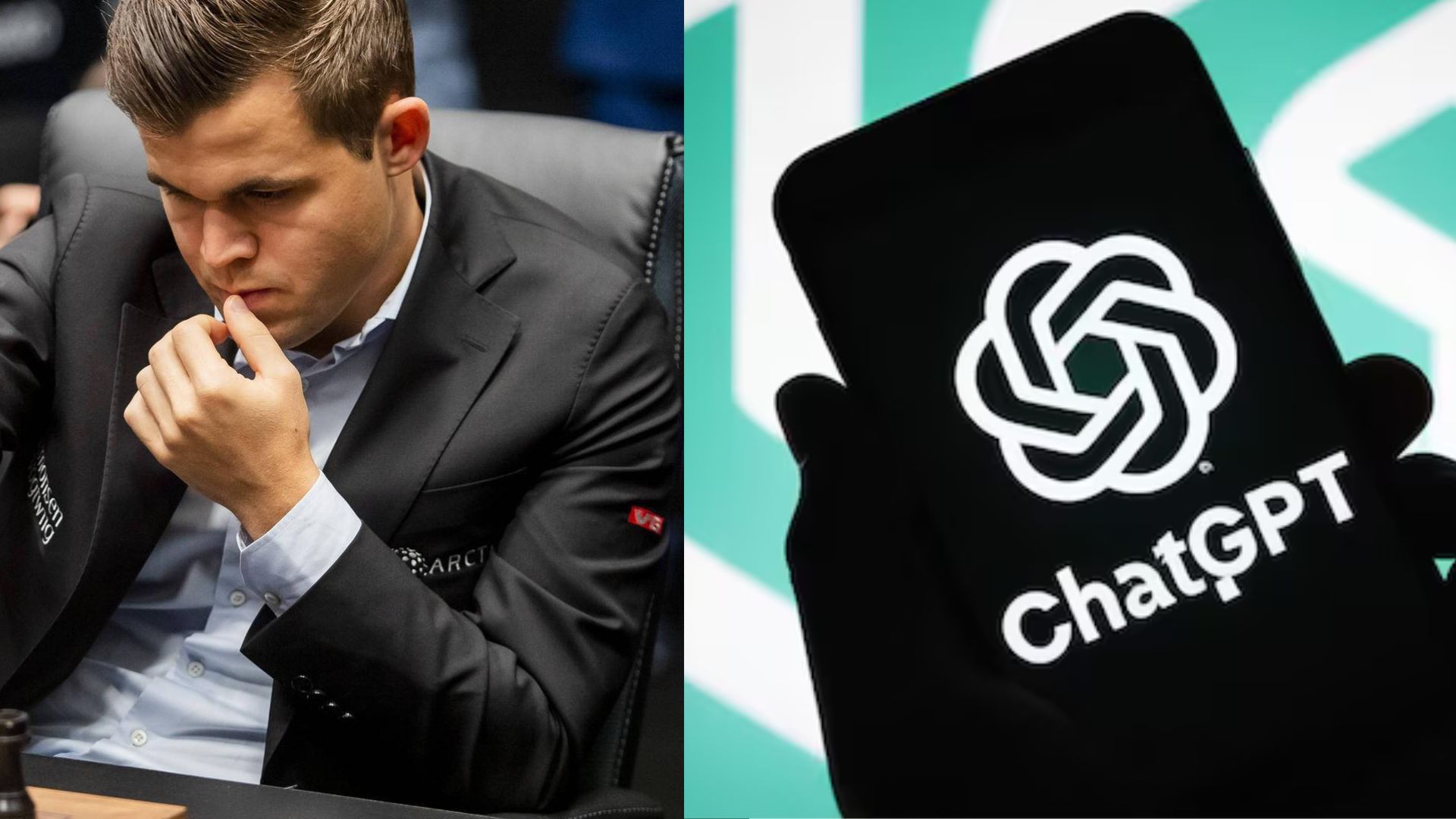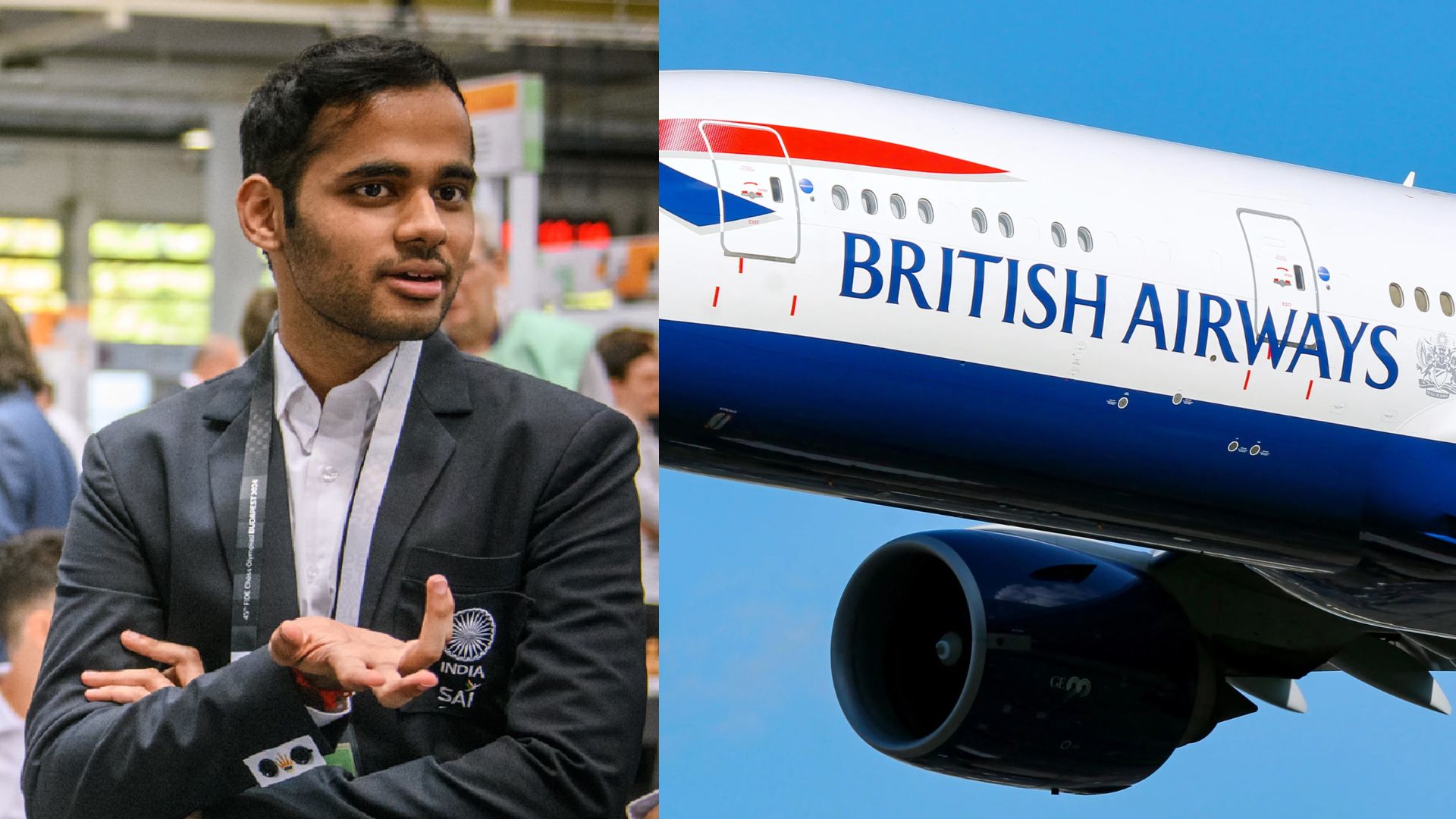Viswanathan Anand, the five-time World Chess Champion and current FIDE Deputy President, recently discussed the ongoing efforts to include chess in the Olympics. Despite FIDE’s recognition by the International Olympic Committee (IOC) in 1999, chess has yet to secure a spot in the Games. Anand believes that a significant factor in this delay stems from the early 1990s schism within the chess community, primarily involving Garry Kasparov and the formation of the Professional Chess Association (PCA).
The Impact of the FIDE-PCA Split
In 1993, Garry Kasparov, alongside Nigel Short, broke away from FIDE to establish the PCA, citing dissatisfaction with FIDE’s management and perceived lack of professionalism. This division led to the existence of two rival world champions: Kasparov under the PCA and Anatoly Karpov under FIDE. Anand reflected on this period, stating, “For a while, the chaos in chess when we had two federations, we lost a lot of time.” He further noted that this internal conflict caused the chess community to miss a prime opportunity for Olympic inclusion two decades ago.
Current Efforts Towards Olympic Inclusion

Despite past setbacks, FIDE continues to work diligently with the IOC to promote chess as a potential Olympic sport. Anand emphasized the importance of aligning with the IOC’s criteria, acknowledging that multiple sports vie for inclusion, each facing unique challenges. He expressed optimism about chess’s future in the Olympics, mentioning the possibility of its inclusion in the esports Olympics or even the main Olympic program. Anand also highlighted chess’s presence in events like the Asian Games as a positive step towards achieving this goal.
Also Read: Is Retirement Near? Hikaru Nakamura Admits Losing Passion for Chess
The Rise of Indian Chess Talent
India has experienced a significant surge in chess talent in recent years. Notably, 18-year-old Gukesh Dommaraju has risen to the No. 5 spot in the live world rankings, while 21-year-old Arjun Erigaisi holds the No. 3 position. This new generation’s dominance was evident when India clinched the gold medal at the Chess Olympiad in Budapest, reminiscent of the legendary Soviet teams of the 1950s and 1960s.
Anand’s insights into the historical challenges and current advancements underscore the dynamic evolution of chess on the global stage.
Also Read: FIDE Rejects Vaishali and Polgar’s Abolition Demand: Women’s Chess Titles Stay
